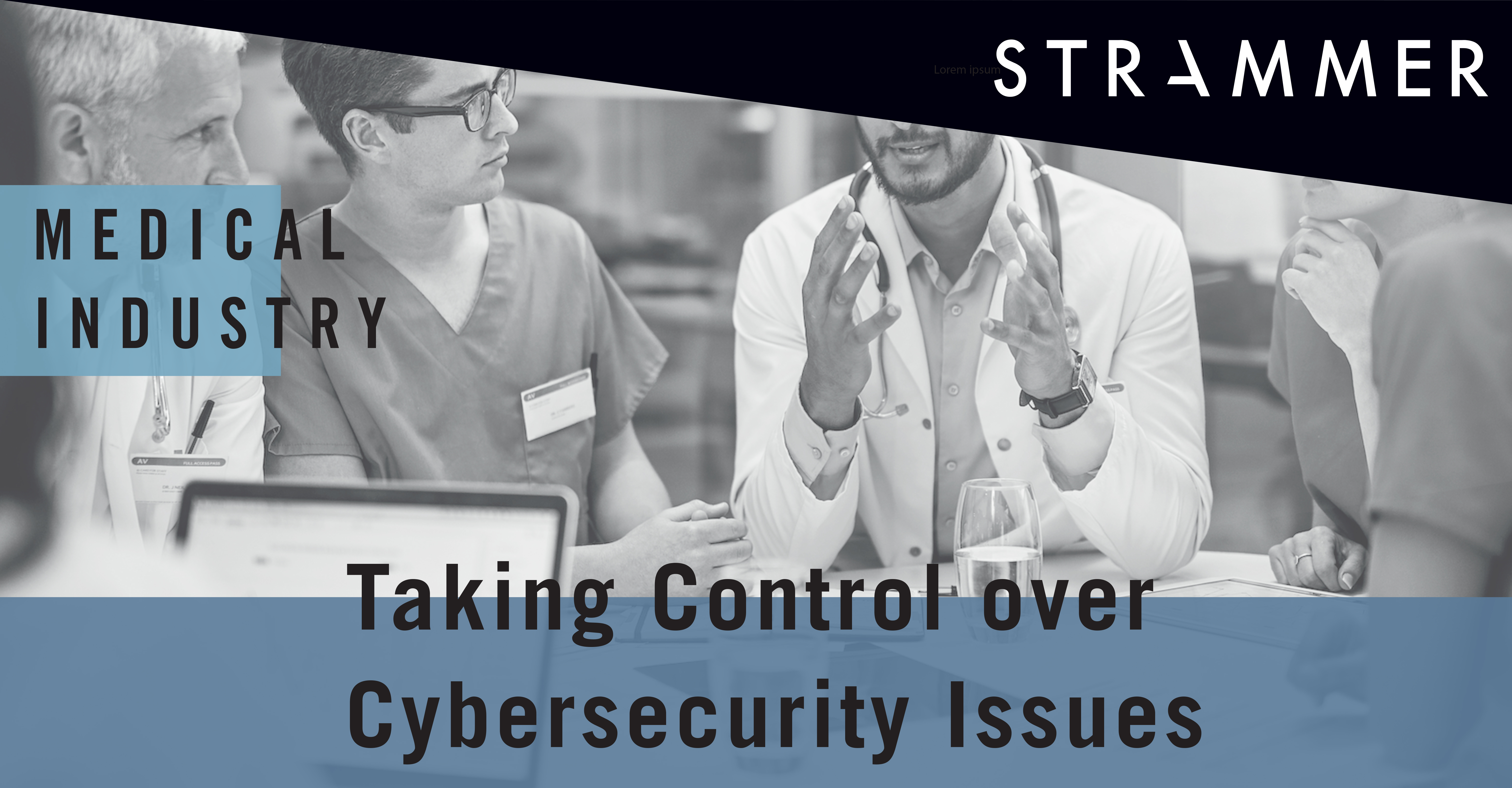Medical Industry takes Control over Cybersecurity Issues
The healthcare industry has a problem lurking in the darkness- cyber-attacks. It’s a silent predator that can greatly affect the lives of millions and one that professionals are working ardently on stopping completely.
Numerous reports have shown that ransomware and other forms of cyber-attacks have been on the rise within the medical field which have signaled growing concerns over the recent years. In fact, in 2018, hospitals and medical clinics have been anonymously besieged with unauthorised tampering which has led to deliberate data breaches and interruptions in medical services and operations. Some malicious attacks can potentially result in misdiagnosing patients. With growing cyber-threats, hospitals and medical professionals have found ways to stop attackers and reduce harmful activity.
Infoblox, an IT automation and security company who specialises in Secure Cloud-Managed Network Services, performed a detail research on 600 global medical organisations in 2017 ranging from countries between the U.S. and the United Kingdom to the Netherlands and Luxembourg. After a two-year process, based on their findings, it was determined that their healthcare information technology has improved in terms of its response to cyber-attacks. It further confirmed that professionals are now 10% more confident to handle such attacks.
These results come in at an opportune time as it is almost impossible for the healthcare industry to not be synonymous with technology. From lab results to patient records, the medical field runs heavily on modern day technical advances like the internet. With that in mind, the industry will be a likely victim to cyber-attacks in the form of stolen patient data or even ransom to be paid.
Certainly, countries around the globe have taken extra measures to strengthen themselves against the breach of cyber-security. For example, in the United States, about 31.1% of organisations has increased their cyber-security spending from 21 to 30% to have their systems regularly updated on a monthly basis. In Europe, in April 2019, a cyber-security act was passed in order to showcase a system displaying all EU certification schemes and to introduce an EU cyber-security agency for network and information security systems called ENISA.
Ultimately, all countries within the healthcare industry must continue to make an active effort to protect their systems and patients. Chief Technology Officer of Systems Engineering in Infoblox, Victor Danevich, commented,
“Although healthcare IT providers are some of the most educated and concerned security buyers, they mustn’t become complacent and must continue to think strategically about ensuring the security of their networks and — most importantly — the safety of their patients. »
References
- U.S. Health IT Experts More Confident in Cybersecurity Practices, Report Finds, May 2019, Idigitalhealth
- Health Care’s Huge Cybersecurity Problem, 2019, TheVerge
- Building a better Cyberdefense, Modern Healthcare
- Cybersecurity in Europe: stronger rules and better protection, ConsiliumEU





